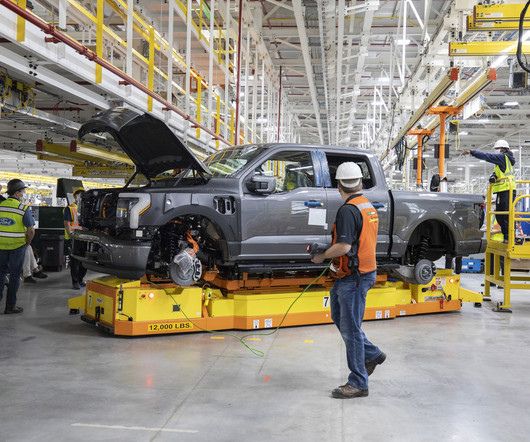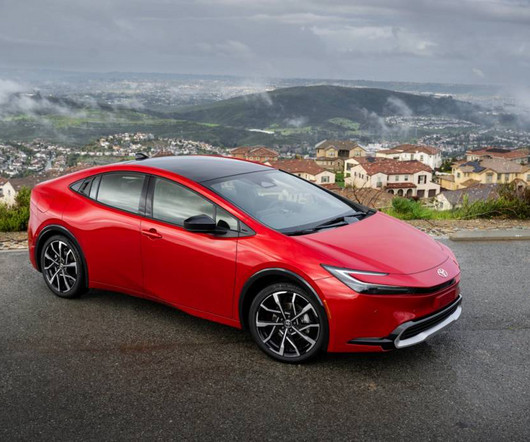Lucid Air charging boost, Mercedes range extenders, EVs losing money: Today’s Car News
Baua Electric
APRIL 17, 2024
Mercedes-Benz has reportedly scrapped its extended-range EV powertrains under development, at least partly because they were too expensive and seen as a technological patch. The plug-in series hybrids would have used dramatically downsized engines—a turbo-2 for the EQS—while halving the EV battery pack.

















Let's personalize your content